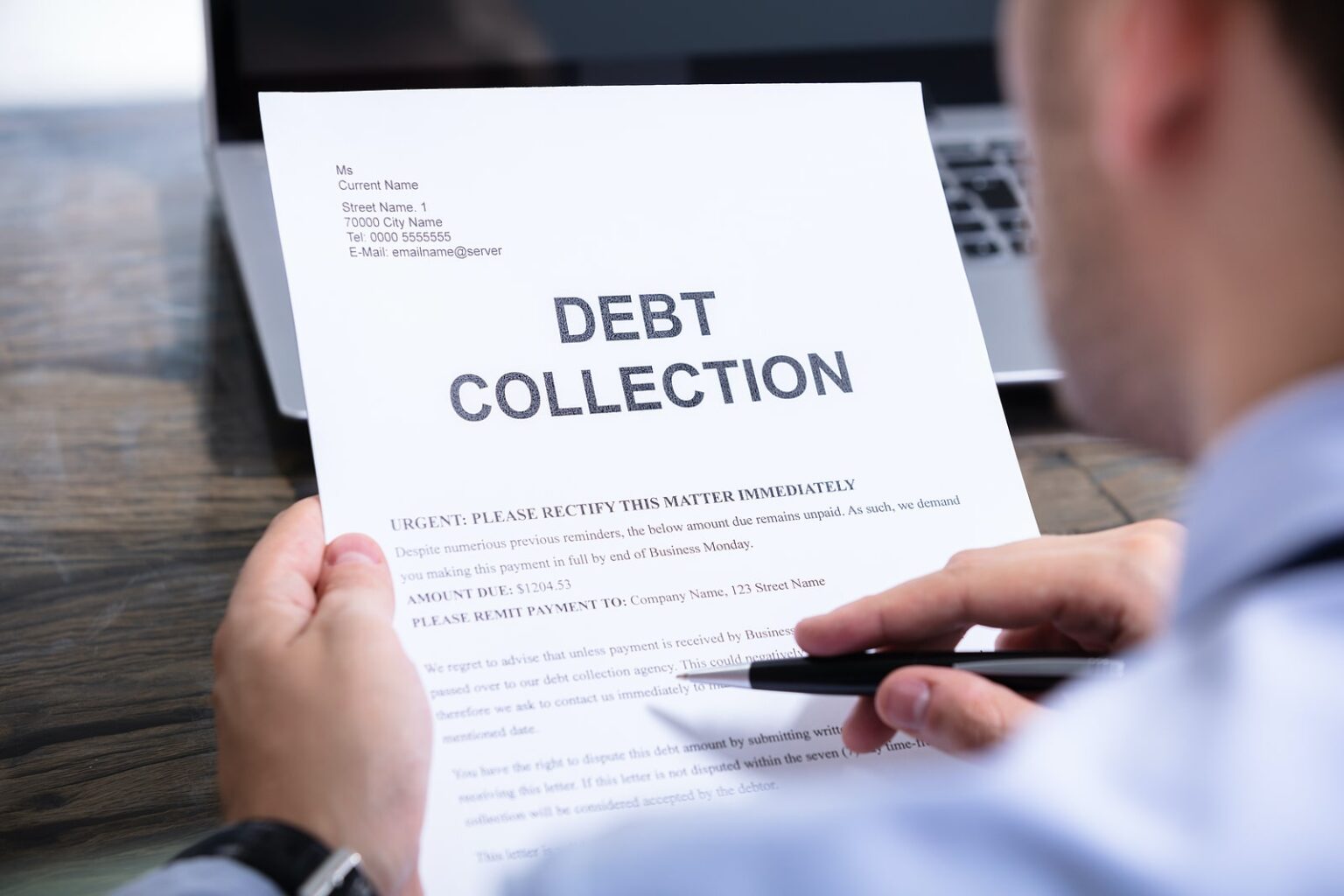
What is Debt Collection and How Does it Work
If you have ever owed money to someone, a debt collector has probably contacted you. Debt collectors are people or companies that contact debtors to try and collect the money owed. This can be a stressful experience, especially if you don’t know what to expect. However, by understanding how debt collection works, you can be better prepared to deal with it. So, what is debt collection, and how does it work?

What is Debt Collection?
Debt collection is the process of pursuing payments on delinquent debts. Usually, debt collectors are hired by creditors to collect overdue payments. However, debt collectors may also purchase delinquent debt from creditors and attempt to collect payment on their behalf. While debt collection is typically associated with negative connotations, it is a legal and regulated industry.
Learn more about debt collectors’ rights and responsibilities.
How Does Debt Collection Work?
The first step in the debt collection process is usually for the collector to contact the debtor by phone, email, or mail. The collector will attempt to collect the debt through negotiation. If the debtor agrees to pay, they will typically set up a payment plan. If the debtor does not agree to pay, the collector may take further action. In some cases, collectors may even take legal action against the debtor.
Debt collection can be a stressful experience, but it is essential to remember that you have rights. Under the Fair Debt Collection Practices Act, debt collectors are not allowed to harass or threaten debtors. They are also prohibited from making false or misleading statements. If you believe that a collector has violated your rights, you can file a complaint with the Consumer Financial Protection Bureau.
If a debt collector has ever contacted you, you know that they can be very persistent. They may call you multiple times a day, send letters, or even come to your door. While this may be annoying, it is essential to remember that debt collectors are just doing their job. They are trying to collect the money you owe, and they will continue to contact you until the debt is paid off.

What Do When Contacted By a Debt Collector
There are a few things that you can do if a debt collector is contacting you:
Dispute the Debt
Always begin by disputing the debt. If you believe that you do not owe the debt, or if the amount is incorrect, then you can send a letter to the collector. This is called a dispute letter, and it will require the collector to prove that you owe the debt. If they cannot provide proof, they are not allowed to contact you further.
In fact, you should not accept responsibility for the debt until you have written documentation proving you owe it. Request the collector send you that information and stop calling you. If you can prove it isn’t yours, do so. If you can’t, then continue working your way down this list.
Negotiate
If the debt is yours, the best thing to do is negotiate a payment plan. If you can’t afford to pay off the debt in full, offer to make smaller payments over time. You should also get everything in writing before agreeing to anything. Once you have an agreement, make sure that you stick to it. If you default on the agreement, the debt collector may take further action.
If you can’t agree, you can ask the collector to stop contacting you. This is called a cease and desist letter, and it will stop the collector from calling or writing to you. However, this does not mean that you don’t owe the debt. The collector can still take legal action against you.

Pay the Debt
Finally, you can pay the debt. If you agree that you owe the debt, you can make a payment to the collector. You can do this in one lump sum or set up a payment plan. Once the debt is paid off, the collector will stop contacting you.
Take Away
Debt collection is a legal and regulated industry. If a debt collector contacts you, you have rights. It is essential to stay calm and try to resolve the situation. Negotiate with the collector, dispute the debt, or pay the debt. Understanding your rights and the debt collection process can make the experience less stressful. If you have any questions about your rights, you can contact an attorney.







